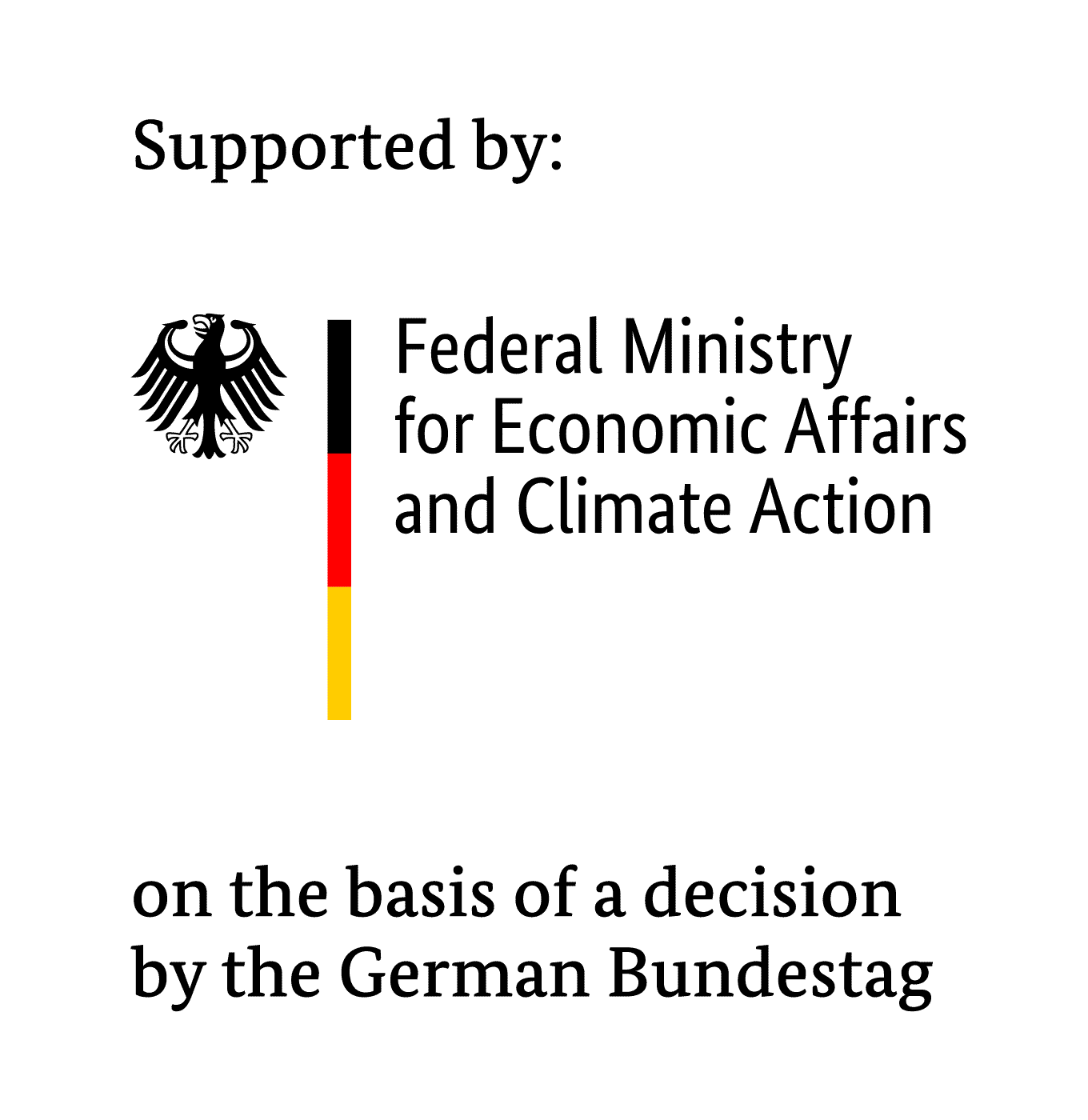Projectname:
Investigation and enhancement of DPP-IV inhibitors in malt-based matrices
Workgroup: Plant-based foods
Scientific Partners and Guidance:
IGF: 21157 N
Financing: BMWK
Duration: 2020 – 2022
Diabetes is one of the largest global health crises of the 21st century. Since 2006, inhibitors of dipeptidyl peptidase IV (DPP-IV) have been developed and produced for the treatment of type 2 diabetes. The development of these drugs has increased significantly in recent years. These substances inhibit the activity of DPP-IV against the peptide hormones glucagon-like peptide-1 (GLP1) and glucose-dependent insulinotropic peptide (GIP), which are crucial for increased insulin secretion during glucose delivery in type 2 diabetes patients. With the help of DPP-IV inhibiting peptides, glucose homeostasis in the blood is supported even at low concentrations and acute extreme concentrations can be intercepted.
These DPP-IV inhibitors have so far mostly been produced synthetically and have not yet been detected in products suitable for human consumption. An alternative is offered by cereals and pseudo-cereals, which have a natural potential to inhibit DPP-IV through targeted process control. Preliminary work on this project revealed significant concentrations of potentially inhibiting peptides, for example in triticale (a hybrid of rye and wheat) and quinoa.
In this project, the inhibitory effect of cereal-based peptides against human DPP-IV will be analysed and technologically modelled. The peptides to be identified will then be characterized and the identified key peptides will be enriched using mathematical models by adapted malting and enzymatic hydrolysis during mashing.
The knowledge gained from this project will enable companies, especially small and medium-sized enterprises, to produce special malts that expand their range of raw materials. Based on this, they can develop innovative products such as malt-based beverages with DPP-IV inhibiting effects, which represent an essential added value for diabetes patients.

The IGF project presented here by the Research Association of the Industrial Association for Food Technology and Packaging (IVLV e.V.) is funded by the Federal Ministry for Economic Affairs and Climate Action as part of the program for the promotion of industrial community research (IGF) based on a decision of the German Bundestag.